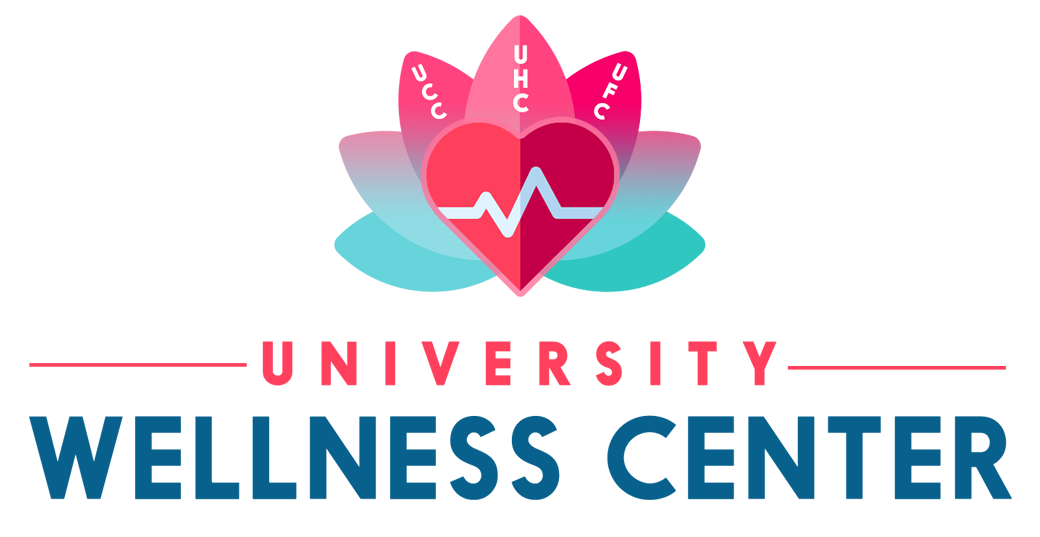ADDICTION AND ITS EFFECTS
October is widely known as Substance Use Prevention Month. Within our twin island state of Antigua and Barbuda it can appear to be uncertain at times how we identify addiction or chemical dependency. The idea of what social acceptance is and how it affects individuals, and our society begs for a clearer
understanding. Addiction is a complex and chronic brain disorder characterized by the compulsive use of a substance or engagement in a behavior despite harmful consequences. It can have wide-ranging and profound effects on an individual’s physical, psychological, social, and economic well-being. This article seeks to highlight some of the key effects of addiction.
With addiction there are physical health effects and tolerance. Over time, individuals may develop a tolerance to the substance, requiring larger amounts to achieve the desired effect. Then there are the withdrawal symptoms, and this usually surfaces when the substance is not used, which can be physically
and emotionally distressing. Addiction can lead to various physical health issues, depending on the substance. For example, alcohol addiction can result in liver damage, while opioid addiction can lead to respiratory problems. Addictions often co-occur with mental health disorders like depression, anxiety, and bipolar disorder. Substance abuse can exacerbate these conditions. Prolonged substance abuse can also impair cognitive functions, affecting memory, decision-making, and problem-solving abilities.
Social and Relationship Effects are usually a common give-away. This happens whereby the addicted individuals may withdraw from friends and family, isolating themselves to hide their addiction. Adversely, it can strain relationships due to erratic behavior, dishonesty, and neglect of responsibilities.
Societal responses demonstrate a weariness leading to the social issues addiction is faced with. The social consequences of addiction can lead to the loss of social support systems, making it even harder to recover. Another dominant effect is financial consequences. Sustaining an addiction can be expensive, leading to financial instability and debt. In quite a few cases it has been noted that Addiction-related behaviors, such as theft or driving under the influence, can result in legal problems and criminal charges as well. Substance misuse can lead to job loss due to absenteeism, poor performance, or workplace misconduct. Considering the educational system, students with addiction may experience a decline in academic performance or drop out of school.
When it comes to communities and their societal constructs, addiction can be such a powerful psychological disease as it affects both the dependent individual and parts of that society. Stigma from the non-addicted seems to keep the lack of understanding for addiction contained. People with addiction may face discrimination, prejudice, and social stigma, which can exacerbate feelings of shame and isolation. One of the defining features of addiction is the loss of control over substance use or behavior, despite the awareness of negative consequences. This can lead to a feeling of powerlessness and frustration.
Addiction is a chronic condition, and many individuals experience multiple cycles of relapse and recovery, making it a long-term struggle. It is important to note that addiction is a treatable condition. Various interventions, including counseling, medication-assisted treatment, support groups, and lifestyle
changes, can help individuals manage their addiction and work towards recovery. Early intervention and a strong support system are crucial in mitigating the harmful effects of addiction.
